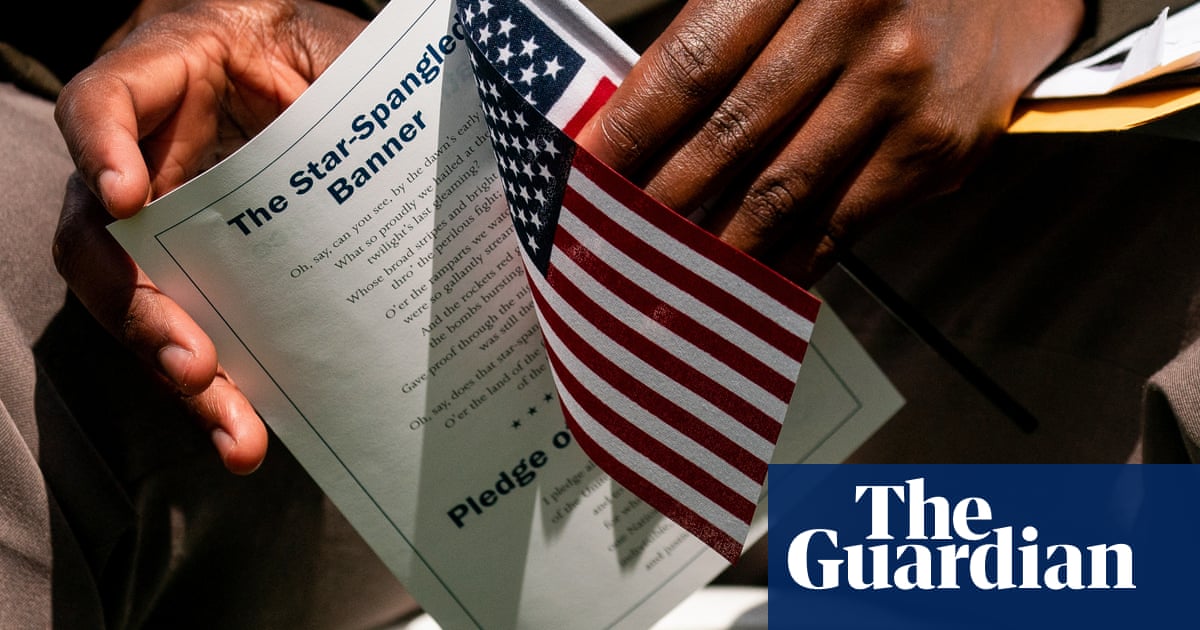A second federal judge has rejected parts ofDonald Trump’s executive order on elections, dealing another blow to his directive that would require proof of citizenship to vote in US elections.
Theorder, described in March by the White House as “the farthest-reaching executive action taken” in the nation’s history, quickly led to multiple lawsuits. In April, a federal judge in Washington DCruled against the orderin a lawsuit brought by theDemocratic partyand voting rights groups, blocking its implementation.
Tuesday’s ruling comes in response to a lawsuit filed by Democratic state attorneys general and is one of many legal actions the top prosecutors in blue states have brought against theTrump administrationto curb illegality and overreach, the attorneys general have said.
Denise J Casper, a federal judge in Massachusetts, ruled that the attorneys general had a reasonable likelihood of success in challenging some provisions of the order, leading her to grant an injunction that stops the provisions from going into effect.
“There is no dispute (nor could there be) that US citizenship is required to vote in federal elections and the federal voter registration forms require attestation of citizenship,” Casper wrote. The issue, rather, is whether the president can require documentary proof of citizenship when other parts of the government, such as Congress, have authority for such election requirements, and statutes do not require it, she wrote.
The executive order comes amid an ongoing false narrative pushed by the right that large numbers of people without US citizenship are voting in national elections. A bill that was moving through Congress, the Save Act, would have required documentary proof of citizenship to vote, among other provisions, which voting rights advocates warnedcould disenfranchise millions of people, including women who changed their names in marriage.
The executive order made extensive changes to voting eligibility and processes, including requiring the federal voter registration form to require proof of citizenship, empowering federal agencies to cut funding to states deemed noncompliant and instructing the Department of Justice to prosecute what the White House paints as “election crimes”.
One provision, which the ruling on Friday blocked, called on local elections officials to assess citizenship prior to giving out voter registration forms at public assistance agencies.
Sign up toThis Week in Trumpland
A deep dive into the policies, controversies and oddities surrounding the Trump administration
after newsletter promotion
“Defendants cannot point to any source of authority for the president to impose this requirement on the states,” Casper noted.
